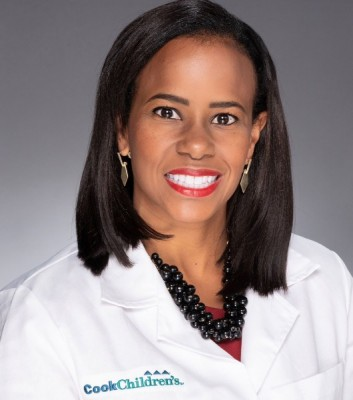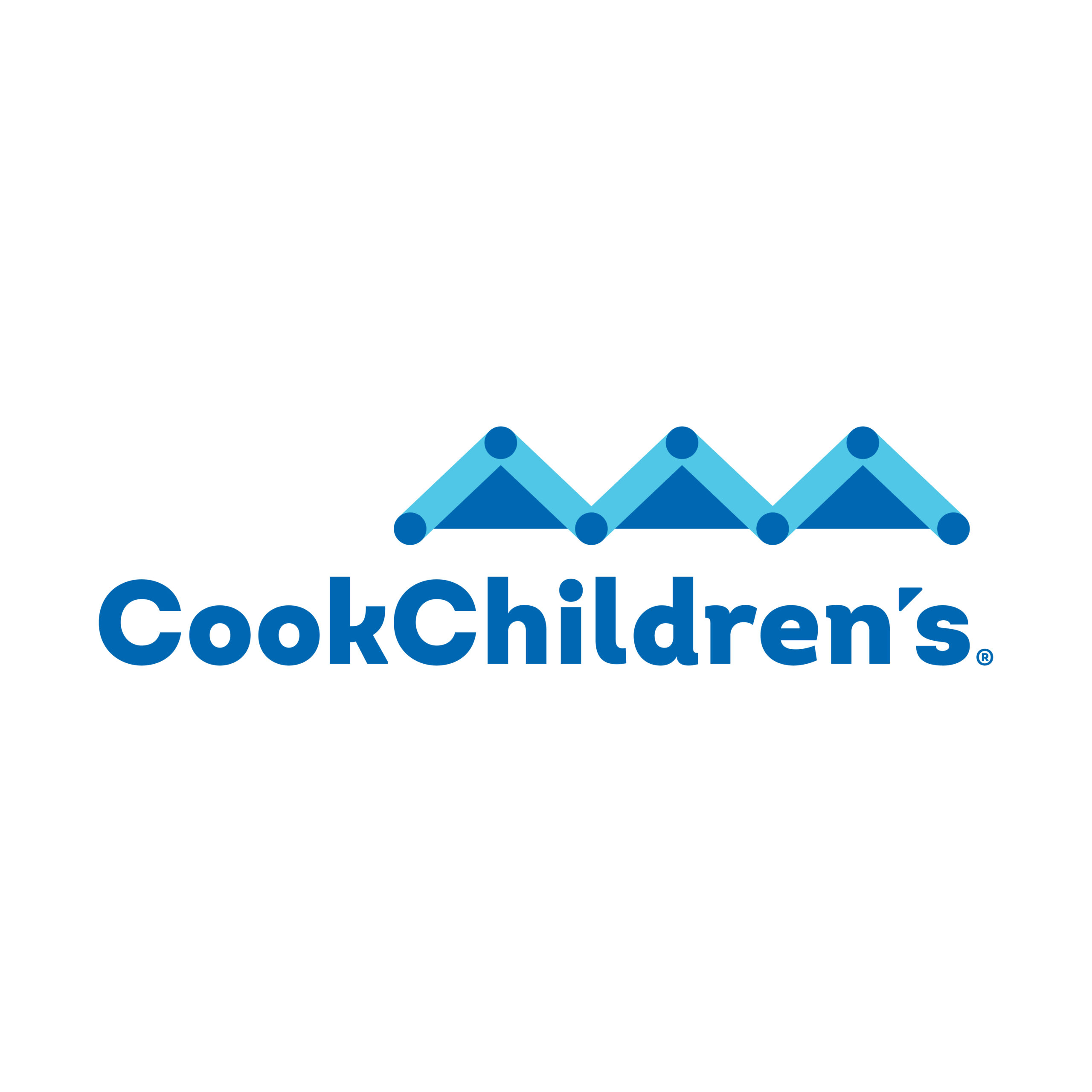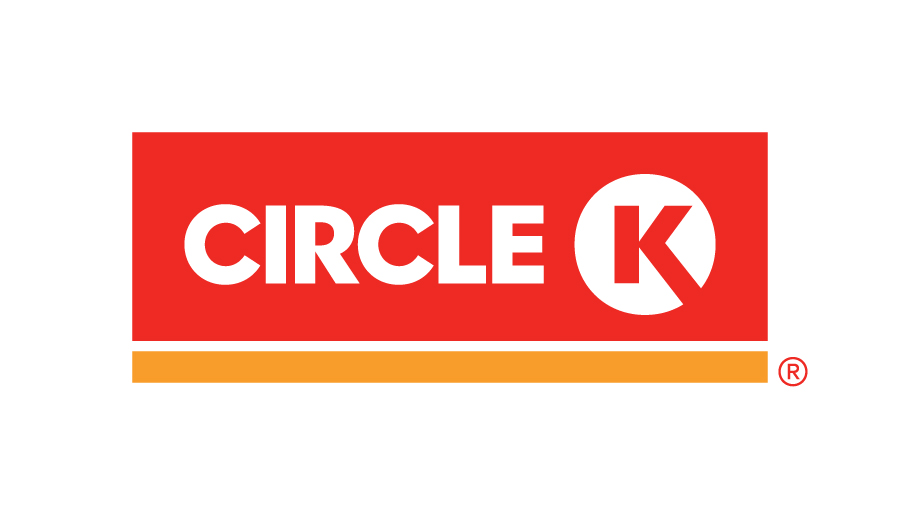Cook Children’s Adolescent Bariatric Program Welcomes First Patients
Obesity treatment includes gastric sleeve surgery for teens at Cook Children’s Pediatric Specialties Prosper.
By Jean Yaeger
A new program at Cook Children’s targets obesity by offering bariatric surgery, nutrition counseling and other services to help teens get to a healthier weight.
To start the program, patients need a referral from a health care professional. Eligibility is determined by age, body mass index (BMI) and any medical problems related to obesity, such as type 2 diabetes, high blood pressure or fatty liver disease.
The Cook Children’s Adolescent Bariatric Surgery Program is designed as a series of evaluations and education in monthly appointments. After six months — if the patient, family and physicians agree that bariatric surgery is the next right step – the patient may undergo a laparoscopic procedure that removes more than half the stomach.
The program takes an evidence-based approach to treating obesity in a clinical setting. It recognizes that many factors contribute to obesity: genetics, environment, food and exercise habits … even adverse life events. Participation by the patient’s family plays an important role in all aspects of treatment.
The program’s first patients started their clinic visits in April 2024; the first surgeries are anticipated by the fall of 2024. The program is located at Cook Children’s Pediatrics Specialties in Prosper. Its format follows guidelines for obesity treatment from theAmerican Academy of Pediatrics (AAP).

Pediatric surgeon Kanika Bowen-Jallow, M.D. serves as medical director. Dr. Bowen-Jallow said teens who undergo bariatric surgery can expect a 30% reduction in BMI over the first year.
“The goal of course is weight loss and to get them to a healthy BMI,” she said. “Will you feel more secure in your skin? Will you be able to exercise with your peers? Will you be able to be social with your peers without feeling ostracized? Will you be able to participate in sports? All these things happen as they start to lose the weight.”
Obesity is a chronic and complex disease that affects an estimated 14.4 million children and teens in the United States. That’s almost one out of every five kids and adolescents impacted by the strain that obesity places on physical and mental well-being.

Board-certified obesity medicine director Lily Han, M.D. provides the program’s medical management of obesity and the comorbidities associated with obesity. Comorbidities are other conditions that commonly occur together with obesity.
“You see diabetes, heart disease, high blood pressure, sleep apnea and difficulty with sleep. It increases the risk for asthma. It increases risk for depression and anxiety,” Dr. Han said. “It can affect every organ of your body, even your skin. You’re more likely to have acne. You’re more likely to have infections of skinfolds. That’s what we want to address.”
The program taps the expertise of Dr. Bowen-Jallow, Dr. Han, a dietician, and other medical staff who have knowledge and sensitivity for teens with obesity. While the program in Prosper began only recently, there’s already a proven record of success in the field of weight loss surgery.
“We have 10-year data on bariatric surgery in adolescents,” Dr. Bowen-Jallow said. “This isn’t new, it’s not New Age, it’s not experimental. This is what we need to be doing for our kids so they can have long, healthy lives.”
What does the Cook Children’s bariatric program offer? Who qualifies? Here’s what you need to know.
Six-Month Course
The program is designed for patients ages 13-18. Eligibility takes into account the patient’s BMI, which is calculated using age, gender, height and weight.
To qualify for the bariatric program at Cook Children’s, patients must have either:
- BMI of 35 or higher, along with an obesity-related medical condition
- BMI of 40 or higher
The initial visit gives an overview to help patients and their families get comfortable with the program’s structure. Detailed health history questions ask whether obesity runs in the family, or other concerns such as coagulation disorders or blood clots, as well as questions about previous exercise or weight loss programs the patient has tried.
“We also set expectations, because that’s really important,” Dr. Bowen-Jallow said. “What is their goal weight? When was the last time you were that goal weight? We can work from there on what realistic expectations are.” It’s realistic, for instance, to predict a patient’s BMI will drop from 40 to 28 after bariatric surgery, she said.
Each monthly appointment lasts one hour and includes instruction about nutrition and lifestyle behavioral strategies. That’s because a good understanding of nutrition helps the patients maintain their lower weight after surgery.
The AAP guidelines recommend intensive therapy to help adolescents with obesity understand how their food choices, physical activity, sleep and stress affect their weight, Dr. Han said. She uses a technique called motivational interviewing.
“We really need to address their health by finding what is motivating for that family and that child, and working together for a common goal,” Dr. Han said. “That’s why there is a six-month protocol. We’re not rushing anybody to surgery, but it is a tool in our toolbox.”
If appropriate, Dr. Han can run genetic tests or prescribe medications for weight loss. Patients who take medication are closely monitored for side effects. Dr. Han’s role helps patients reduce their adipose tissue, also called body fat, and manage their comorbidities.
“We want to intervene early. Previously it was like, ‘Everybody has a little baby fat. We all should just grow out of it.’ We realize that that is not true for everybody. Some do, but the majority don’t. And it stays with them through adulthood,” Dr. Han said.
Surgery and Follow-up
Candidates for gastric sleeve surgery at Cook Children’s can undergo the procedure six months after entering the bariatric program. The surgeon vertically staples the stomach into two sections, and the larger section comes out through a small hole made in the abdomen.
“If you think of the stomach as a big balloon, essentially we just cut off 70% of that balloon,” Dr. Bowen-Jallow said. “We’re not changing metabolically what the body does. We’re just removing some of that hormone feedback that you get from food coming into the stomach and restricting the size of the stomach.”
Medication via a skin patch and other non-narcotic medications help control nausea and vomiting, the most common complaints after gastric sleeve surgery. Most patients should be able to go home the next day using over-the-counter pain meds such as Motrin or Tylenol, she said.
The section of the stomach that is removed contains receptors and active hormone secreting tissue affecting appetite cues and the amount of time that food spends in the stomach, Dr. Han explained.
Patients can expect to lose a pound a day for the first 30 days after surgery. Weight comes off because their remaining stomach capacity is smaller and because they don’t have as much of the hormonal hunger stimulation.
Following surgery, patients will come for checkups at the clinic after two weeks, four weeks, three months, six months and each year for four years. They will continue to have access to the dietitian and all the program’s resources.
Reassurance and Results
Studies show that bias against children with obesity starts as early as preschool, Dr. Han pointed out. Obesity negatively impacts social, academic and athletic participation. And 78% of adolescents with obesity report being body-shamed or bullied. Their self-esteem and mental health suffer.
Some people worry that diagnosing a child or teen with obesity might trigger anorexia or bulimia, Dr. Han said.
“The medical literature demonstrates that if we address weight and health in a structured medical setting, we actually decrease the risk for eating disorders,” she said. “It’s a sensitive topic. “When we treat patients in an evidenced-based medical setting, those children are much less likely to develop eating disorders than the yo-yo dieter, the person who’s looking things up on TikTok or doing what the latest fad is.”
Weight loss through surgical intervention can be life-changing, Dr. Bowen-Jallow said. Parents who want to know more should consult their child’s pediatrician for a possible referral. She reassures patient families that Cook Children’s takes a comprehensive and collaborative approach.
“Take a deep breath. It’s OK,” she said. “Remember this is a six-month process, so nobody’s rushing anybody to surgery. We’re taking into account the whole child and the whole family.”





